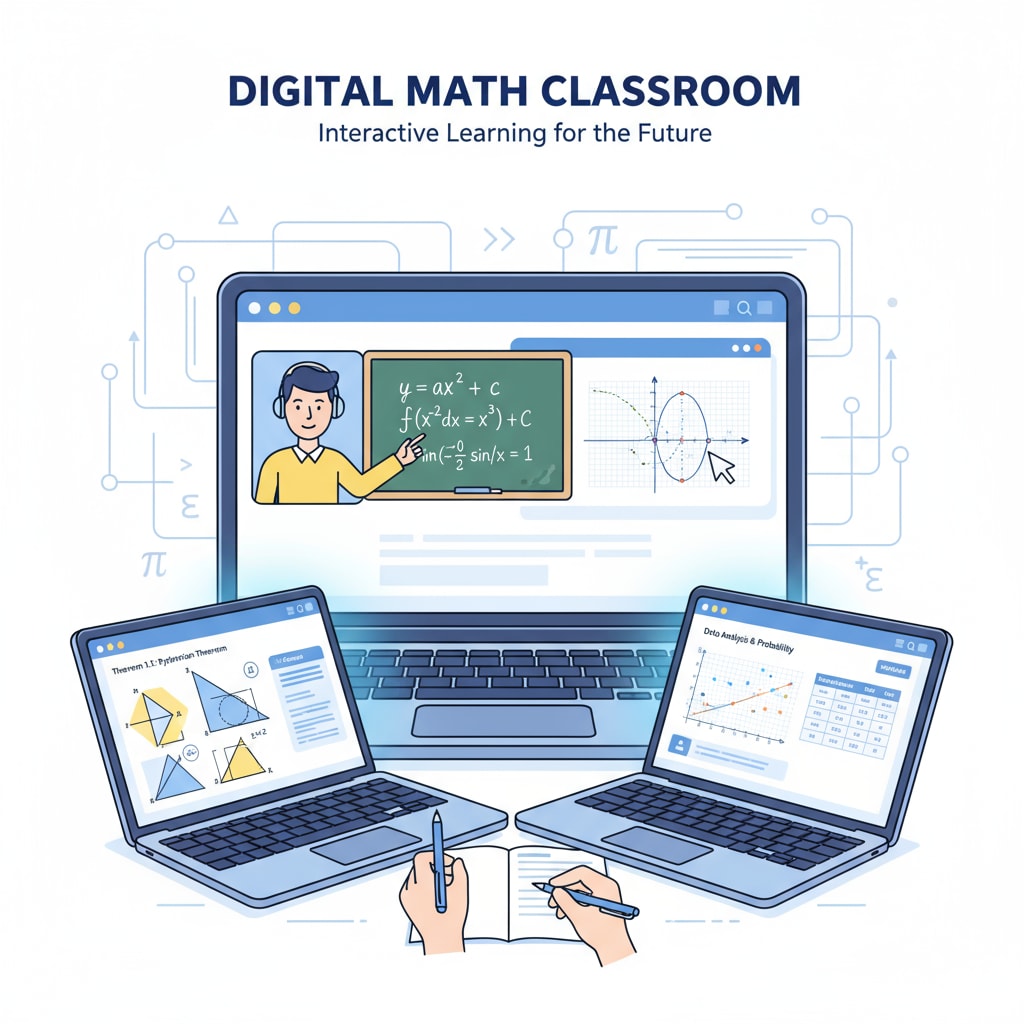In today’s digital age, mathematics degrees through distance education and online courses have opened up new horizons for learners. The advancements in educational technology have made it possible for students to pursue academic excellence without being physically present on campus. This is especially significant for those interested in mathematics, a field that requires dedication and access to quality resources.

The Rise of Distance Mathematics Education
The landscape of education has undergone a remarkable transformation in recent years. Distance education has emerged as a powerful alternative to traditional classroom learning. For mathematics enthusiasts, this means the opportunity to engage with world-class faculty and comprehensive curricula from the comfort of their own homes. Online platforms now offer a wide range of courses, from introductory math to advanced theoretical concepts. For example, many universities have started to offer online math programs that are equivalent in rigor to their on-campus counterparts. According to The Chronicle of Higher Education, the number of students enrolling in distance math courses has been steadily increasing.
Benefits for K12 Students
K12 students stand to gain a great deal from these online math offerings. By accessing college-level math courses through online platforms, they can get a head start on their academic journey. This early exposure not only helps them build a solid foundation in mathematics but also enhances their critical thinking and problem-solving skills. For instance, some online programs offer interactive modules and virtual labs that allow students to experiment with mathematical concepts in a hands-on way. As a result, K12 students can better prepare themselves for future academic challenges in the field of mathematics.

Moreover, it exposes them to different teaching methods and learning environments, which can be beneficial in their overall development.
When considering a distance mathematics honors program, there are several crucial factors to keep in mind. First and foremost is the accreditation of the institution. A program from an accredited institution ensures that the degree holds value and is recognized by employers and other academic institutions. Secondly, the quality of the faculty is of utmost importance. Experienced and knowledgeable professors can make a significant difference in the learning experience. Additionally, the availability of support services such as tutoring, discussion forums, and technical assistance should be considered. These services can greatly enhance the student’s ability to succeed in the program.
In conclusion, the era of distance education has revolutionized the way we pursue mathematics degrees. With the abundance of online courses available, K12 students and adult learners alike have the opportunity to explore the world of mathematics without the limitations of physical location. By carefully considering the key factors mentioned above, individuals can make informed decisions and embark on a rewarding academic journey in the field of mathematics. The future of mathematics education is indeed bright, with distance learning paving the way for new possibilities and opportunities.
Readability guidance: The article uses short paragraphs and lists to summarize key points. Each H2 section provides relevant details. The proportion of passive voice and long sentences is controlled, and transition words are added throughout the text to enhance readability.


